Picture this — you’re stuck at a mental roadblock finishing your research paper, with no clear way forward. If only you had the limitless brainpower like Eddie Morra from Limitless (pun intended).
Well, it’s actually not far from wishful thinking — nor does it come in the form of a magic pill. Artificial intelligence (AI) can work alongside you to produce your best research work yet.
 Photo by Igor Omilaev on Unsplash
Photo by Igor Omilaev on UnsplashThe Application of AI for Research
AI tools help you:
Save time and resources by streamlining data collection and automating tasks.
Discuss more intricate topics by providing intensive insights and patterns.
Boost the quality of work by providing an improved level of accuracy.
However, you must remain critical of its output and challenge what it provides.

The Pros of AI for Research: What's In It for You?

AI technology continues to evolve and transforms every walk of life — including your approach to data gathering as a researcher. And there's no sign of it slowing down.
Explore AI's advantages to you for a deeper understanding:

1. Fast-track Data Analysis and Literature Reviews
AI can quickly scan thousands of academic papers, extract key insights, and summarize findings, reducing your time on literature reviews and data processing.
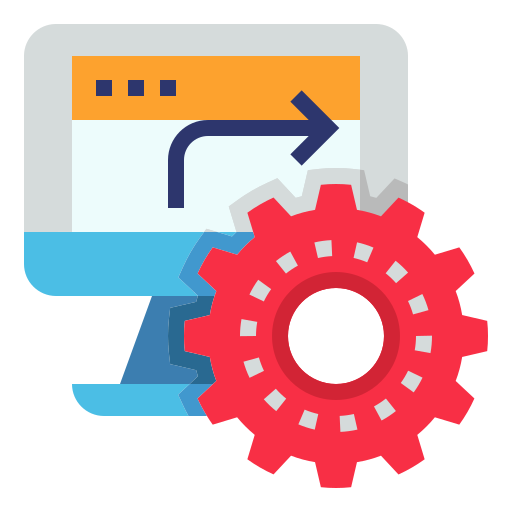
2. Automation of Repetitive Tasks
Tasks such as data entry, citation formatting, and statistical analysis can be automated, allowing you to focus on critical thinking and innovation.
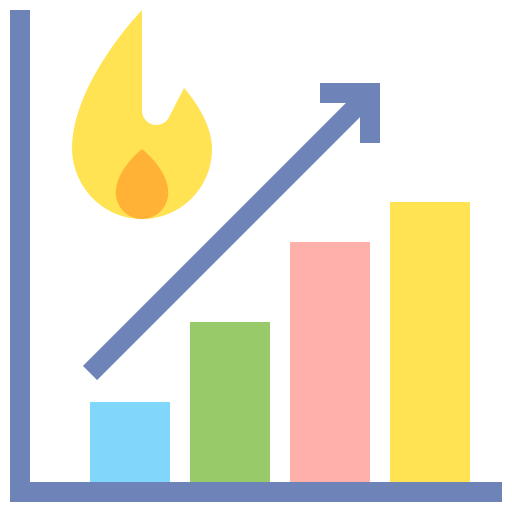
3. Accuracy in Pattern Recognition
AI algorithms can accurately detect correlations, trends, and anomalies in large datasets, reducing human error in data interpretation.
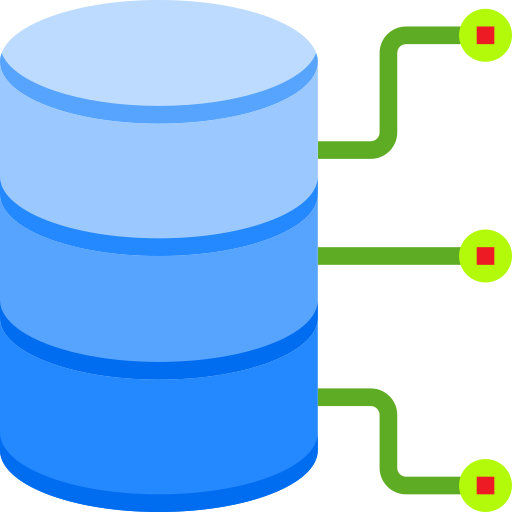
4. Availability of Insights From Vast Datasets
By processing extensive datasets beyond human capacity, AI helps you uncover hidden patterns, generate new hypotheses, and make data-driven decisions faster.
The Cons of AI for Research: What's The Catch?

Along with the benefits of AI for research, you must also understand its setbacks — it’s not all perfect and easy over here.
What future problems can you think of when maximizing its full capability? Here are some concerns:
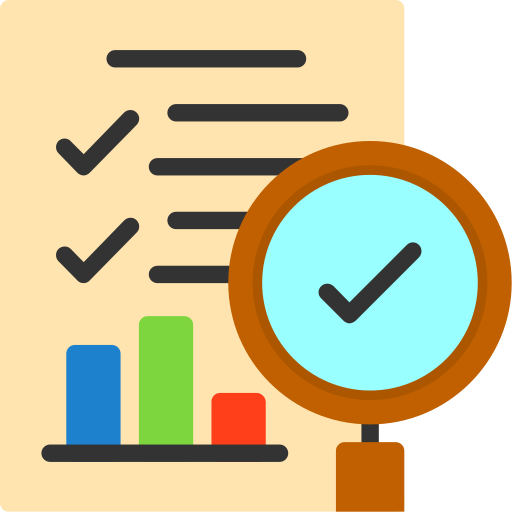
1. Potential Bias in AI-generated Results
AI models rely on the data they're trained on, which may contain biases. If the dataset is incomplete or skewed, AI-generated insights may reinforce existing biases and lead to misleading conclusions.

2. Lack of Human Intuition and Critical Thinking
While AI can process and analyze data, it can't replicate human intuition, creativity, or ethical reasoning, which are crucial in research.

3. Over-reliance May Hinder Creativity
Dependence on AI for research tasks may reduce independent thinking and problem-solving skills, leading researchers to accept AI-generated results without deeper scrutiny.

4. Data Privacy and Ethical Concerns
Using AI for research involves handling large volumes of sensitive data, and raising concerns about privacy, security, and ethical use of information, especially in fields like healthcare and social sciences.
Balance the Use of AI for Research
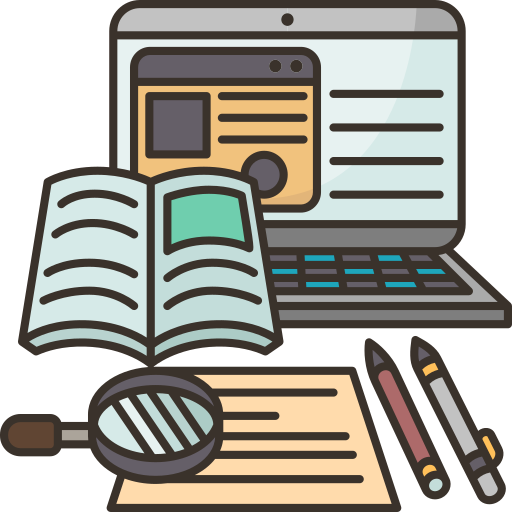
Consider both the benefits and drawbacks of using AI for research. How far would you go to harness the full potential of AI without going off the scale?
As a researcher, defining AI's role in your studies is essential early on. Follow these key strategies to continue a balanced approach to its use:
Prioritize peer review and human collaboration.
Use AI as a supplementary, not a replacement.
Maintain critical thinking and best judgment.
Revert to the traditional methodologies.
Cross-check and review all results.
While gaining a deeper understanding of this fast-developing technology, form your perspective and find the right balance.

Check Your Knowledge
Which person is using AI for research appropriately?

Hi! I'm Sylvie.
I'm a medical researcher who uses AI to analyze studies and identify trends in disease patterns. It's my best practice to verify the AI's findings by cross-checking resources and consulting with medical experts before publishing my material.

Hi! I'm Julie.
I'm a product researcher who is writing a paper on artificial intelligence and ethics. I use AI for structuring ideas and concrete scenarios. I always ensure that my final paper is written with citations, with minimal modification.
Quiz
Who is using AI appropriately?
Take Action

Now it's your turn! Prepare yourself to use AI for research:
Your feedback matters to us.
This Byte helped me better understand the topic.
